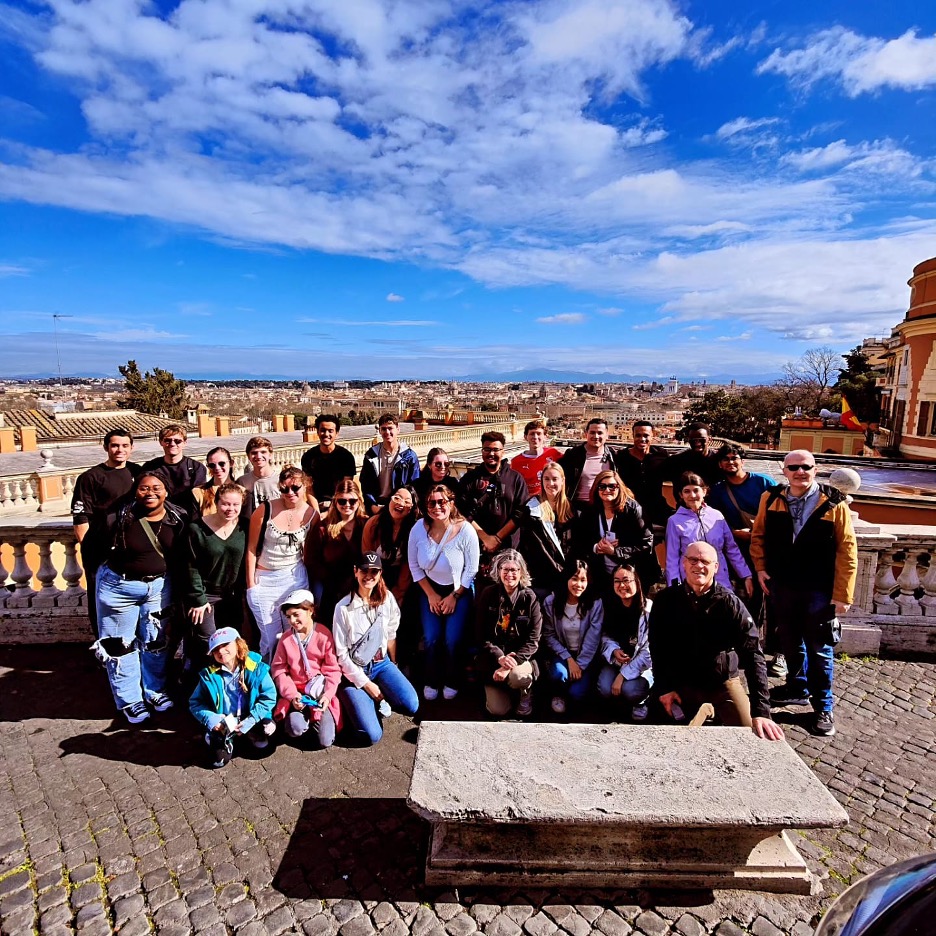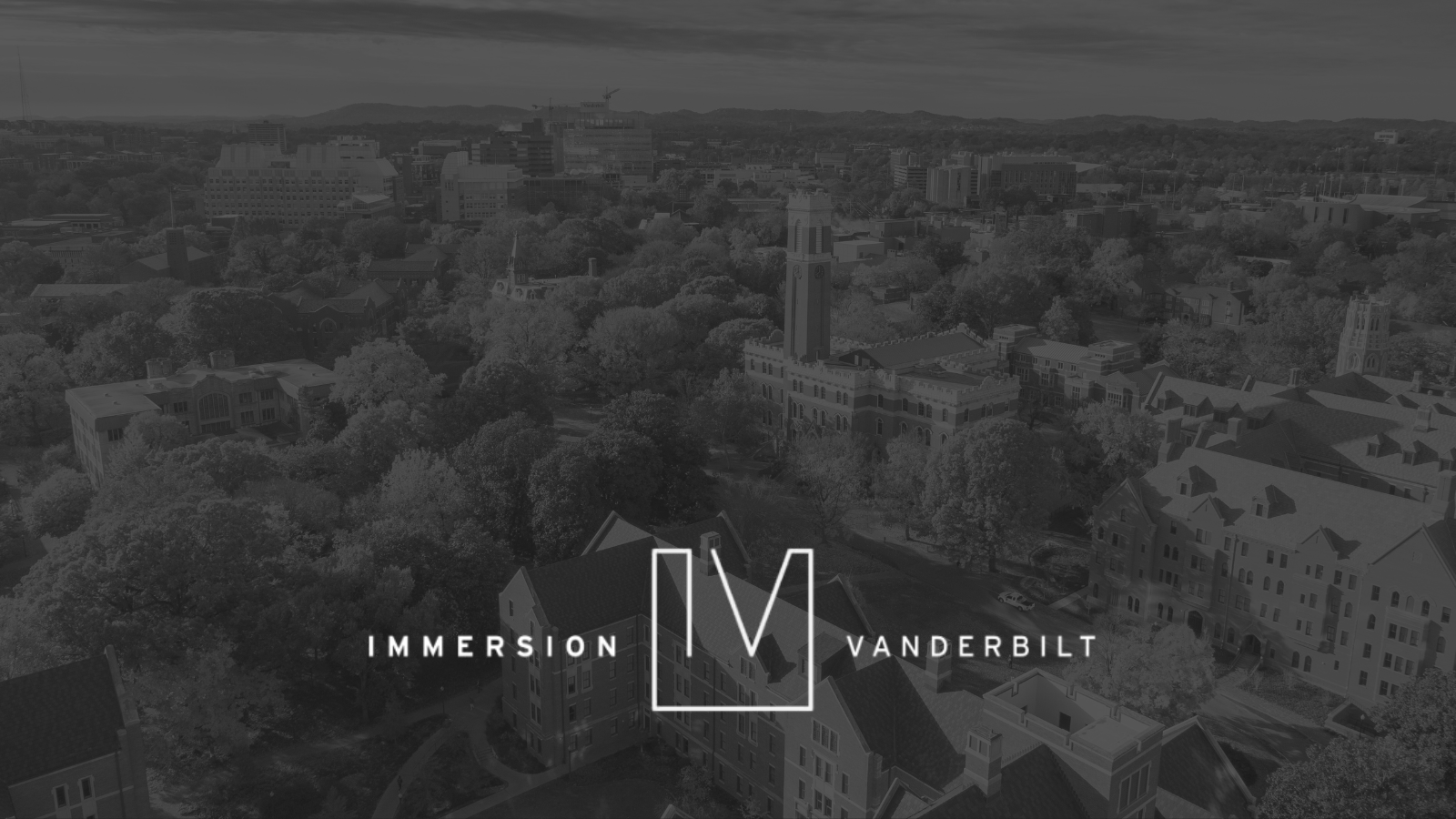Sixty-six faculty members across seven schools and colleges received Provost’s Faculty Grants for Culminating Projects in Immersion, up 50 percent from the program’s inaugural year in 2023. The goal of the grants is to empower undergraduate students through immersive and impactful learning opportunities that take them from the studio to the lab, to an internship, to service learning in the Nashville community and beyond.
Provost C. Cybele Raver expressed the university’s commitment to supporting faculty who provide students with transformative experiences: “Vanderbilt is such a special university in so many ways. As just one example, our faculty are tremendously dedicated to students’ experience of scholarly discovery through immersive and collaborative projects. The notable increase in applications and in grants awarded reflects our shared commitment to promoting innovative research and interdisciplinary collaboration.”
The grants were awarded to faculty in the Blair School of Music, College of Arts and Science, Divinity School, Peabody College of education and human development, School of Engineering, School of Medicine and School of Nursing. Each grant to a faculty member provides students with invaluable opportunities to engage in research and creative works, by, for example, tagging and tracking proteins in a biology lab, studying ancient ruins or learning the inner workings of an international film festival.
Vice Provost for Undergraduate Education Tiffiny Tung said that these opportunities would not be available to students without the superb faculty at Vanderbilt. “Our world-class faculty are addressing some of the most pressing problems facing society, and they are inviting the students into those research and creative collaborations so they can gain hands-on experience in a variety of fields. Those projects include learning how to design structurally sound floodgates, scouring documents to tell the story of a people erased from public memory or increasing capacity to research cultural factors that inhibit access to medical care.”
One noteworthy project that connects immersion cohorts through the years is the “Vanderbilt University Student Price Index” led by Heather Luea, senior lecturer in economics in the College of Arts and Science. Last spring, Luea’s student cohort worked on the innovative index, which measures the cost of a “basket” of goods and services purchased by the typical Vanderbilt University student—similar to the Consumer Price Index generated by the U.S. Bureau of Labor Statistics.
“This project gives students a ‘hands-on’ opportunity to apply the economic concepts they learn in class,” Luea said. “It is a collaborative, ongoing project that is a torch to pass on to future students.”
In the spring 2024 semester, a second cohort expanded that work by collecting new prices and generating a second index for the basket. They then calculated the first inflation measure for Vanderbilt students, which they plan to publish soon.
Another is Associate Professor Deonni Stolldorf’s “Implementation Science in Healthcare Settings” in the School of Nursing. Students have engaged in such projects as the evaluation of heart failure self-care interventions, clinical decision support tools and medication safety in inpatient settings. Through this hands-on experience, students developed research skills, including data collection, analysis and manuscript writing.
Third is Assistant Professor Ghina Absi and Professor Lori Troxel’s immersive travel course on the history, innovation and artistry of structures in the School of Engineering’s Department of Civil and Environmental Engineering.

This innovative course, designed for sophomores and juniors, explored the historical significance and durability of structural innovations like the Pantheon and Roman aqueducts, as well as contemporary marvels like MOSE, the human-designed barriers that protect the city of Venice from seawater. The students built prototypes of domes, floodgates and similar structures in the lab. The course’s highlight was a spring break trip to Italy, where students visited these structures in person and participated in structural engineering-focused tours.
The impact of these faculty immersion grants goes beyond the immediate projects. Students who participate in immersive experiences gain a deeper understanding of the research process that is transferable to future academic and professional pursuits. Through proposal development, institutional review board applications, cultural immersion, data collection and analysis, and report writing, students acquire valuable research skills that will serve them well in their careers.
And by investing in the faculty who are leading student research, Vanderbilt is shaping the next generation of scholars and leaders who will make meaningful contributions to their fields and society at large.
For more information about Provost’s Faculty Grants for Culminating Projects in Immersion and related opportunities, please email experiential.learning@vanderbilt.edu.
